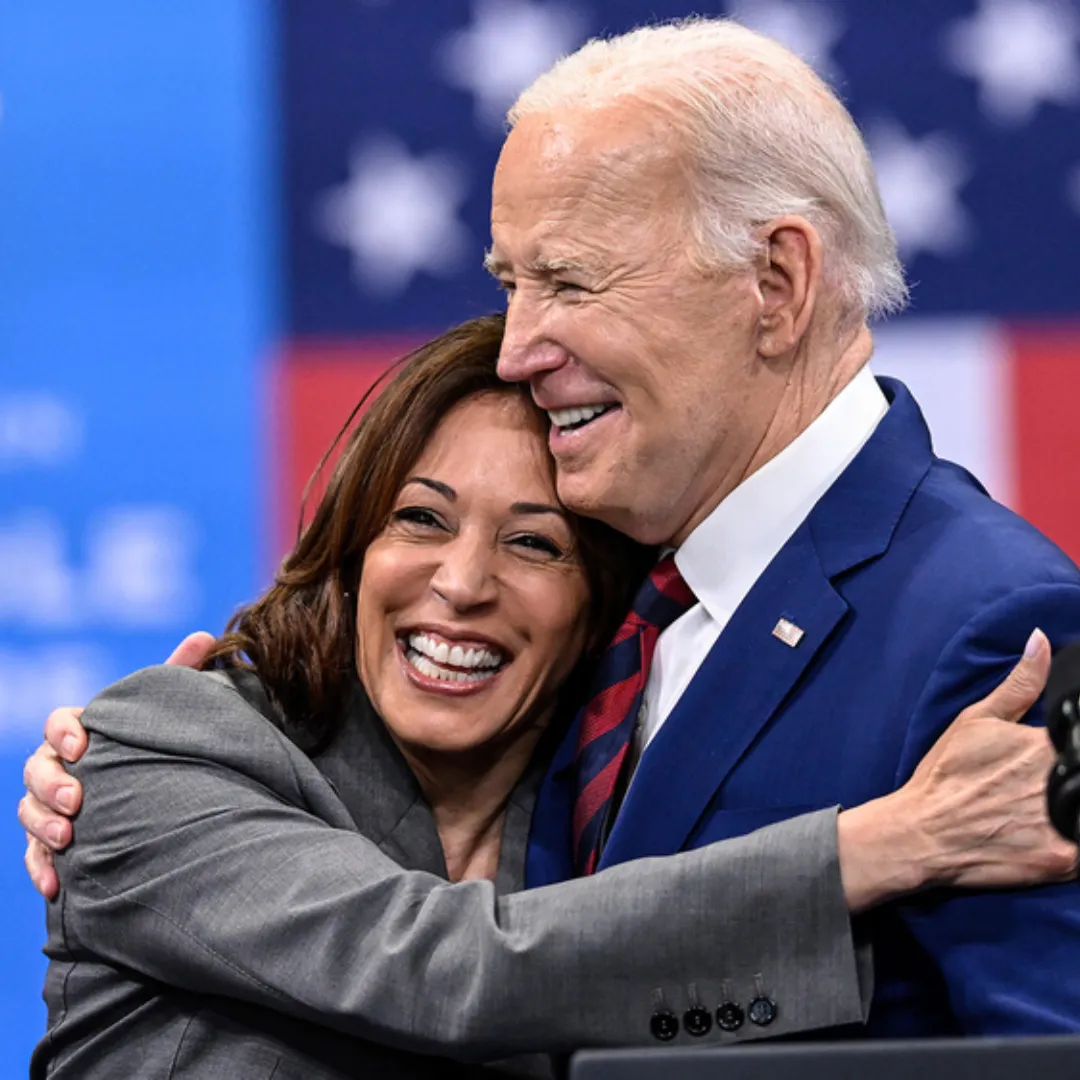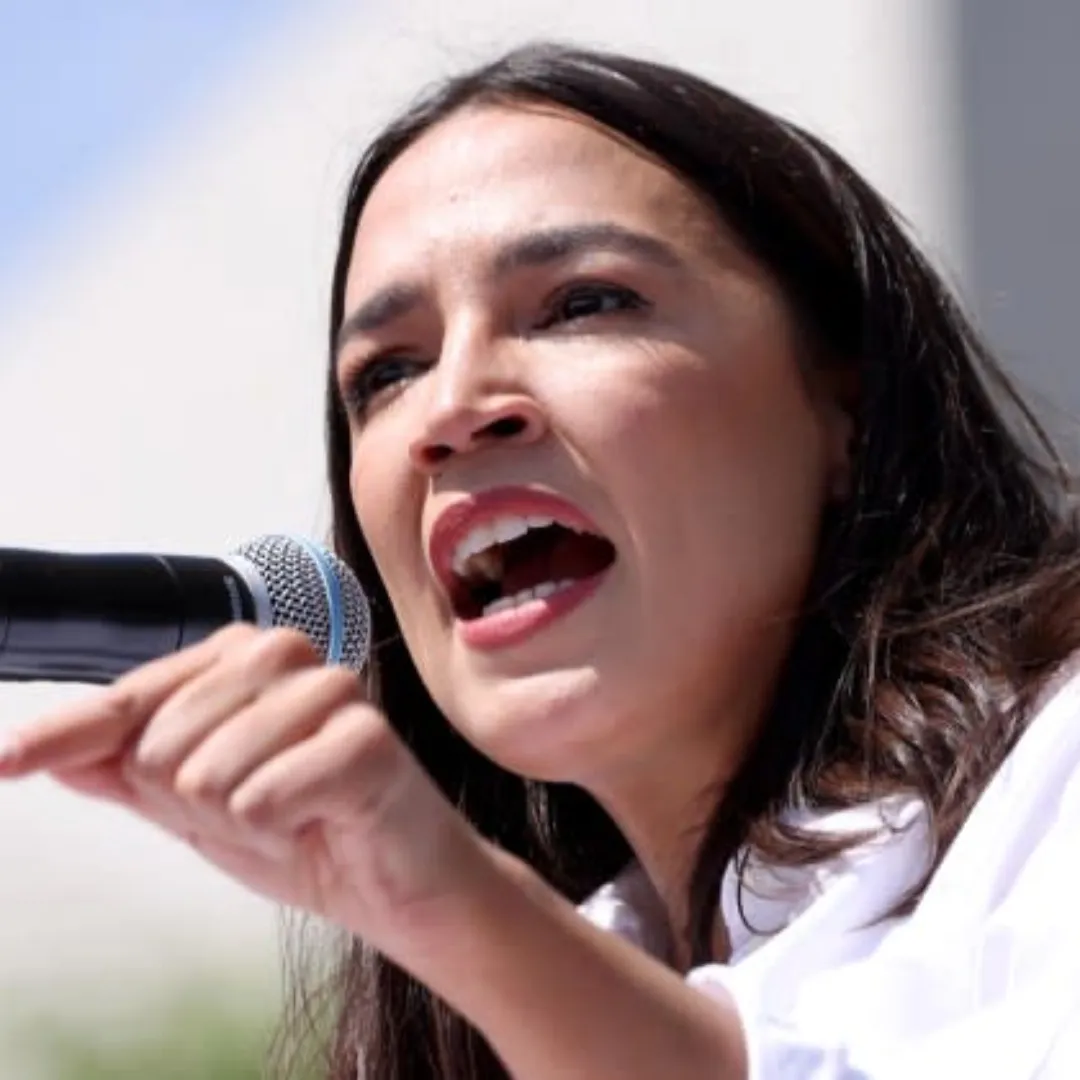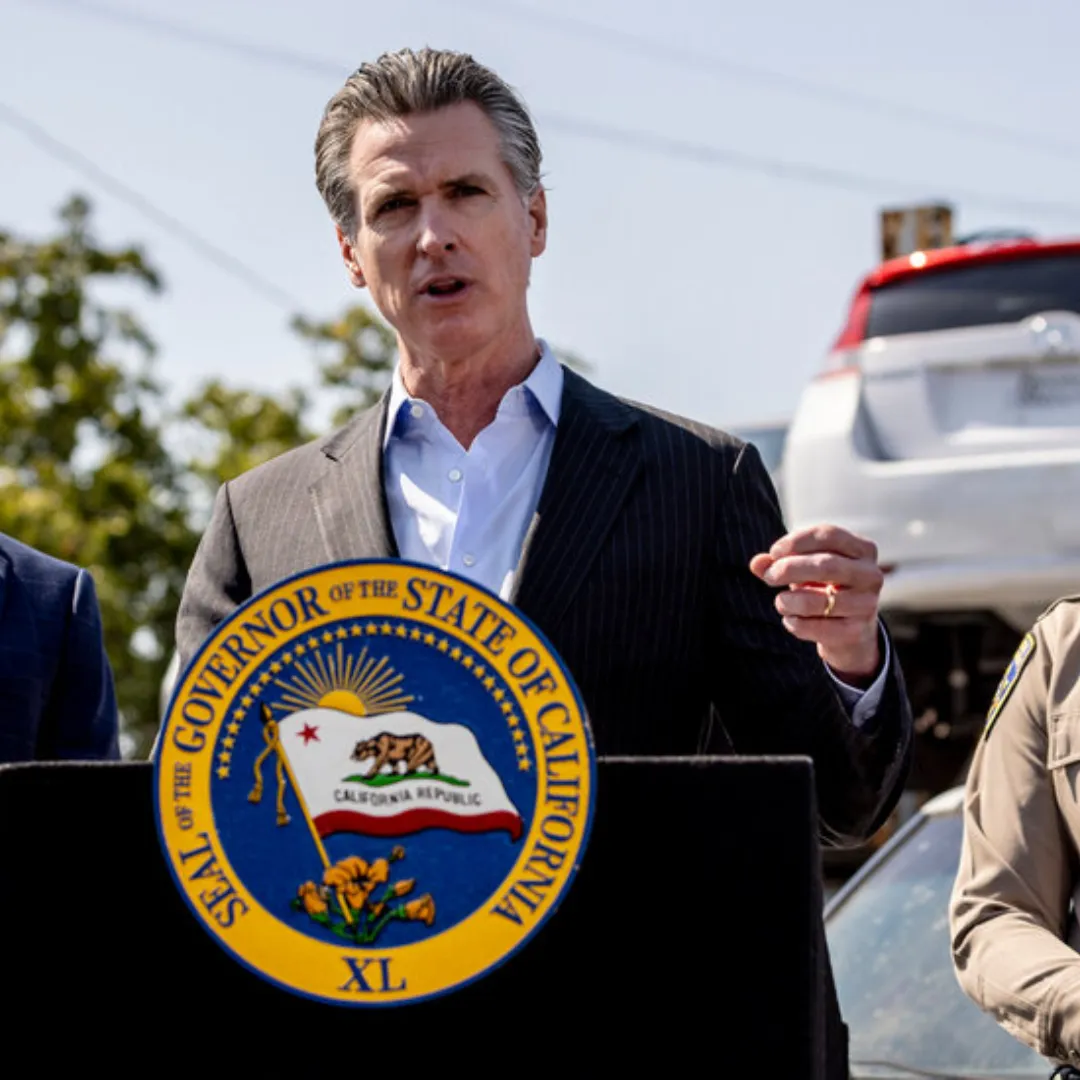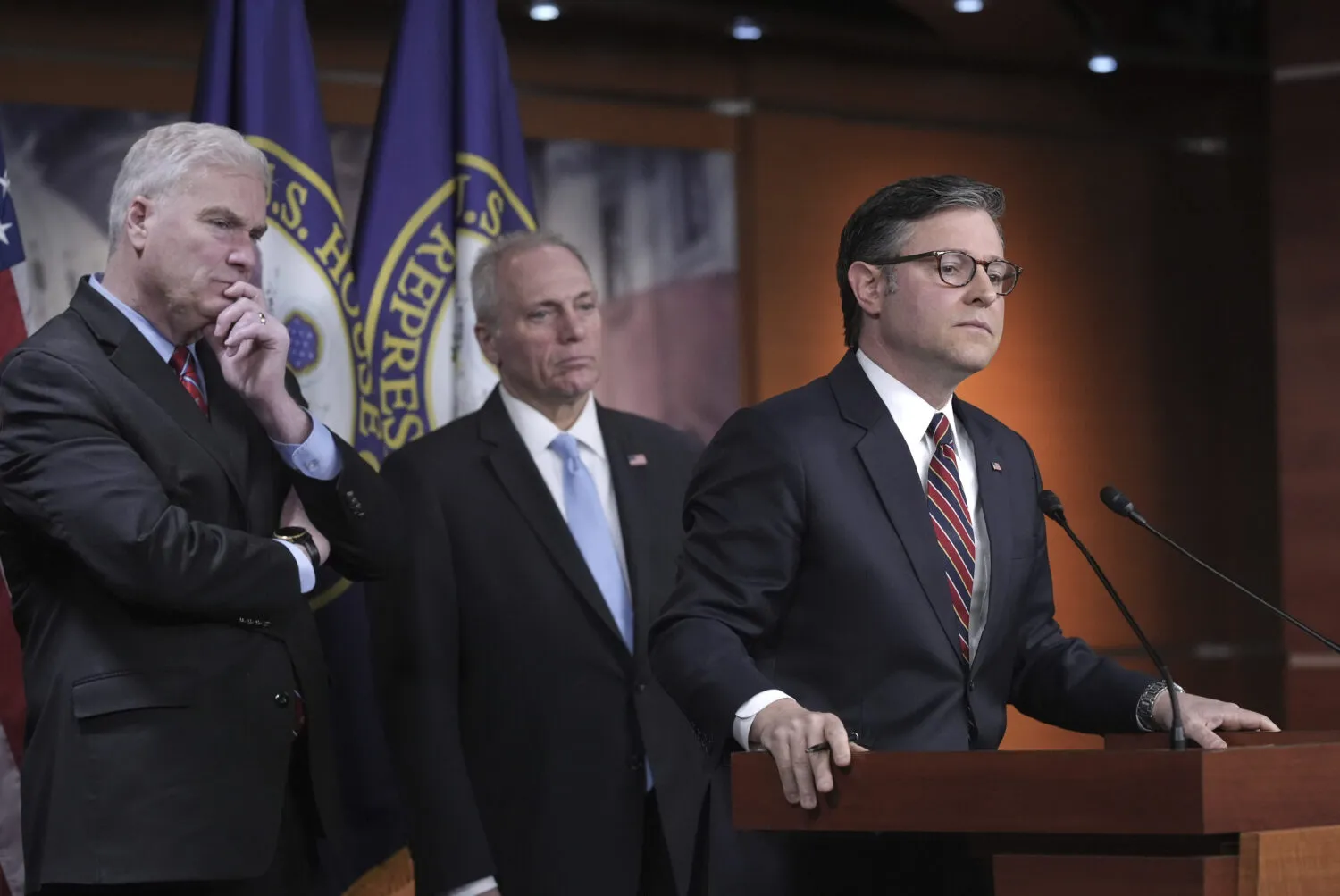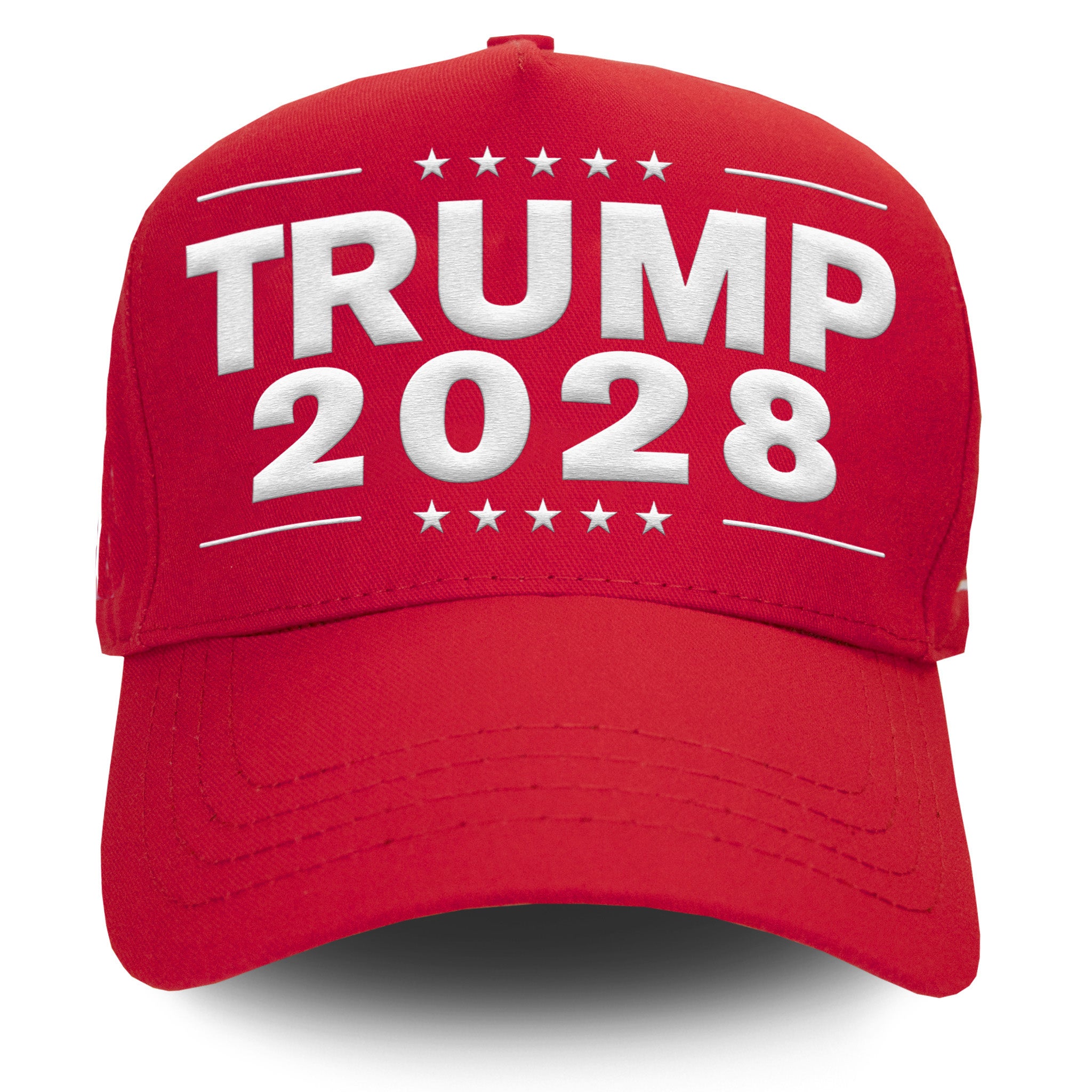
The official Trump store has begun selling red "Trump 2028" hats for $50, fueling the speculation that President Donald Trump may pursue an unprecedented third term. This move follows repeated suggestions from Trump and his allies that he could find a way to run again in 2028, despite the constitutional restrictions on presidential term limits.
The launch of these hats serves as the latest indication that Trump is not backing down from his ambitious political goals, even as he faces growing scrutiny and legal challenges.
The "Trump 2028" hats are being sold just months after Trump hinted that he was serious about seeking a third term, something that many thought was impossible due to the 22nd Amendment of the U.S. Constitution. The amendment explicitly states that “No person shall be elected to the office of the President more than twice,” and further restricts anyone who has served more than two years of a term to being elected only once.
Despite these constraints, Trump has made it clear that he is not joking about his potential run in 2028, and his store’s new merchandise reflects his continued push for what many consider an unconventional path back to the presidency.
In a recent interview with NBC’s Kristen Welker, Trump said he was “not joking” about considering a third term, stating that there are “methods which you could do it.” One of the methods he suggested involves Vice President JD Vance leading the Republican ticket in 2028, with Trump as his running mate.
Under this scenario, Vance could resign from the vice presidency in 2029, thereby allowing Trump to assume the presidency for a third term. While this idea seems far-fetched to some, Trump’s insistence that he could navigate the constraints of the 22nd Amendment has sparked considerable debate.
However, according to the 12th Amendment, a person who is “constitutionally ineligible” to serve as president cannot also serve as vice president, which would present a legal challenge to the proposed strategy.
Legal experts, such as constitutional law professor Josh Blackman from South Texas College of Law Houston, have pointed out that the 22nd Amendment does not address whether a non-consecutive third term is allowed. Blackman noted that while the amendment was ratified in the 20th century, there is no historical precedent for allowing a third term under these circumstances.
.jpg?trim=0,0,0,0&width=1200&height=800&crop=1200:800)
Trump’s idea of circumventing the 22nd Amendment has captured the imagination of his supporters, particularly those in the Make America Great Again (MAGA) movement. A recent poll from SurveyUSA found that 21 percent of all respondents believed Trump was eligible for a third term, with 49 percent of MAGA-identifying Republicans expressing the same sentiment.
This polling data highlights the extent to which Trump’s supporters are willing to entertain the possibility of his return, despite the legal roadblocks.
The push for Trump to secure a third term is not limited to his own rhetoric. Former White House strategist Steve Bannon has also been vocal about the potential for Trump to remain in power beyond the typical two-term limit.
In an appearance on Real Time With Bill Maher on April 11, Bannon confirmed that his team was exploring “five or six different alternatives” that would allow Trump to run again and reclaim the presidency. While Bannon did not specify the details of these plans, his comments underscored the belief within Trump’s inner circle that there are ways to sidestep constitutional barriers.
One more concrete attempt to address this issue came from Representative Andy Ogles, a Republican from Tennessee, who introduced a joint resolution in January aimed at amending the 22nd Amendment to allow a president to serve up to three terms. Ogles proposed changing the language to state that no person should be elected president more than three times, although the amendment would still prevent two-term presidents like Barack Obama and George W. Bush from running for a third term.
This proposal has been viewed by many as a long shot, but it reflects the growing appetite among some factions of the Republican Party to explore unconventional paths to maintaining power.
Despite these efforts, a significant portion of the American public remains opposed to the idea of Trump running for a third term. A recent Economist/YouGov poll revealed that only 17 percent of Americans support the idea of Trump seeking another four years in office.
This underscores the sharp divide between Trump’s loyal base, which remains steadfast in its support, and the broader electorate, which has grown increasingly disillusioned with his presidency and the state of American democracy.
The release of the "Trump 2028" hats comes amid heightened tension surrounding the 2024 election and Trump’s ongoing legal challenges. Many political observers see his continued focus on 2028 as a distraction from the current political landscape, with Trump’s legal battles taking center stage.
The former president is currently facing multiple investigations, including probes into his role in the January 6 Capitol insurrection, the handling of classified documents, and alleged election interference. These issues have raised serious questions about his ability to mount a viable presidential campaign, let alone secure a third term.
Nonetheless, Trump’s political ambitions appear undeterred by the mounting legal pressures. His continued branding efforts, including the sale of the "Trump 2028" hats, suggest that he is not only preparing for a battle in the 2024 election but is already setting the stage for a possible run four years down the line.
Whether or not his plans come to fruition, the launch of these hats serves as a reminder of Trump’s unyielding drive for political power and his ability to captivate his supporters with bold, controversial ideas.
The debate over Trump’s third-term aspirations raises broader questions about the future of American democracy. While his supporters argue that he is the only leader capable of restoring the nation to greatness, his critics warn that any attempt to circumvent the constitutional limitations on presidential terms would undermine the very principles that American democracy is built upon.
With a deeply polarized political climate and growing concerns about the erosion of democratic norms, Trump’s third-term talk has sparked a renewed focus on the integrity of the U.S. political system and the safeguards in place to protect it.
As the 2024 election draws closer, Trump’s plans for the future—whether they include a third term or a more immediate political comeback—will undoubtedly be a central focus of both his supporters and detractors.
His consistent efforts to keep his name in the spotlight and his strategic moves to maintain power signal that Trump is determined to remain a dominant force in American politics, regardless of the constitutional constraints standing in his way. How this plays out in the coming months and years will be a critical chapter in the ongoing battle over the direction of the nation and the legacy of Donald Trump’s political career.

